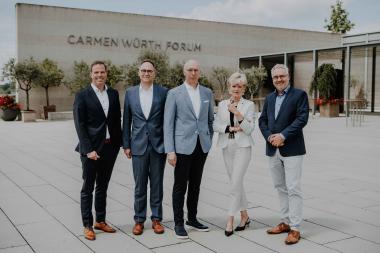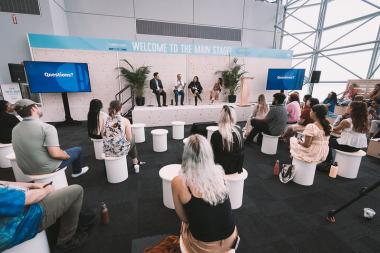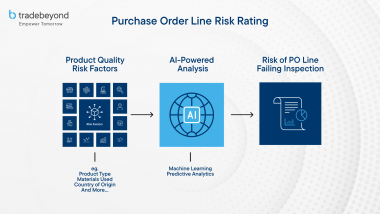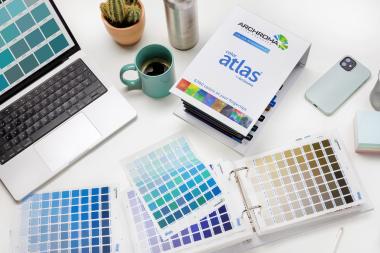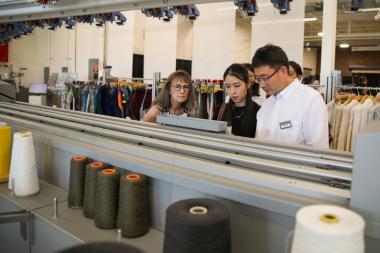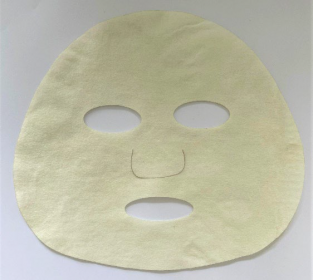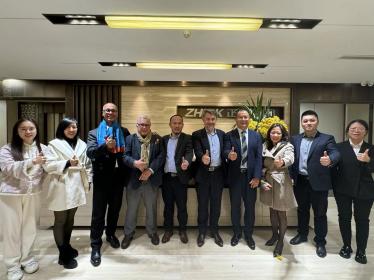EURATEX welcomes the EU Customs Reform package
The European Textile and Clothing industry (EURATEX) welcomes the proposed reforms to the EU's customs system, emphasizing the need for a modernized framework that addresses the challenges of the digital age and fosters a level playing field.
“Customs play a critical role in safeguarding fair competition within the EU Single Market and ensuring that products meet our environmental and safety standards,” states Dirk Vantyghem, EURATEX Director General. “We recognize the need for a reformed system adapted to the 21st century, particularly considering the growth of e-commerce and the increasing complexity of regulations.”
EURATEX highlights key priorities for a successful reform:
- Phasing Out De Minimis Exemption: EURATEX strongly supports abolishing the €150 import duty exemption for small consignments. This exemption has been exploited by e-commerce companies, creating unfair competition for European manufacturers. EURATEX urges immediate action to eliminate this loophole, rather than waiting until 2028.
- Harmonization and Streamlining: The organization calls for a unified customs regime across the EU, with simplified procedures and reduced administrative burdens for businesses, especially SMEs. This includes avoiding duplication of efforts and ensuring seamless interoperability between different customs information systems.
- Data Security and Transparency: EURATEX emphasizes the importance of robust data security measures within the proposed EU Data Hub. Clear regulations on data access, ownership, and cybersecurity safeguards are essential. Open collaboration between industry and policymakers is crucial in designing the Data Hub for optimal functionality.
- Effective Implementation of Trust & Check Trader (T&CT): The T&CT status offers potential benefits for companies through features like self-assessment. However, EURATEX raises concerns about practical implementation, particularly for SMEs struggling to obtain existing Authorized Economic Operator (AEO) statuses. Providing support for SMEs in obtaining this status is crucial.
- Interoperability and Data Sharing: EURATEX emphasizes the importance of the EU Data Hub's interoperability with various IT systems. Also, a uniform central IT network facilitating national and other legal requirements would be a significant step forward.
- Structured Dialogue with Stakeholders: The establishment of the EU Customs Authority (EUCA) is seen as a positive development for coordinating customs enforcement across the EU. EURATEX recommends a dedicated dialogue between the EUCA and stakeholders, including industry representatives, to improve overall coordination and effectiveness.
Euratex












